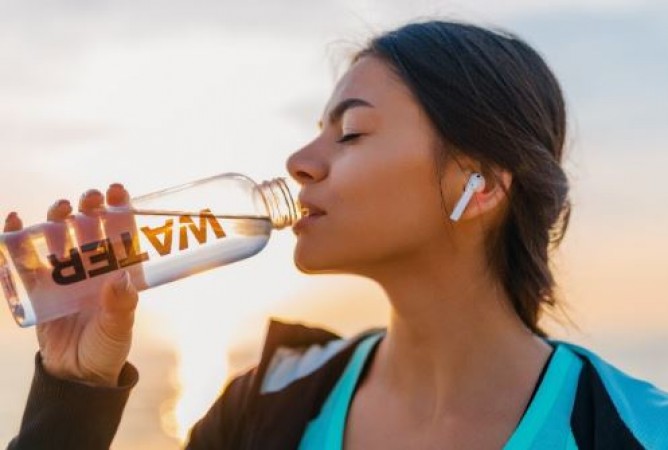
Winter is a beautiful season, but it brings its own set of health challenges, one of which is often overlooked—hydration. While staying adequately hydrated is crucial, there's a misconception that drinking excessive water is always beneficial. In this article, we'll unravel the mysteries of winter hydration, exploring how much water you really need and the best ways to ensure your well-being.
Winter air is notorious for being dry, and this dryness extends to your skin and respiratory system. The moisture in your body evaporates more quickly in cold air, leading to dehydration even when you don't feel thirsty.
Unlike the scorching heat of summer, winter may not make you feel as thirsty. However, this doesn't mean your body requires less water. Ignoring hydration needs in winter can have detrimental effects on your health.
Individual hydration needs vary, and factors such as age, weight, and activity level play a role. A general guideline is to aim for at least eight 8-ounce glasses of water a day, but some may need more.
Rather than following a rigid water-drinking schedule, pay attention to your body's signals. Thirst is a clear indication that it's time to hydrate, and the color of your urine can also provide insights into your hydration status.
In winter, consider opting for warmer beverages. Warm water not only hydrates but also helps maintain your body temperature. Add a slice of lemon for a refreshing twist.
Embrace herbal teas as a delightful winter hydration option. Not only do they contribute to your fluid intake, but they also bring a variety of health benefits.
Fruits and vegetables with high water content, like cucumbers and watermelon, can be excellent additions to your winter diet. They not only nourish but also hydrate.
While a warm cup of coffee is tempting in winter, excessive caffeine can lead to increased urine production, potentially contributing to dehydration. Moderate your caffeine intake.
Believe it or not, drinking too much water can have adverse effects. Watch out for signs like nausea, headaches, and confusion, which could indicate overhydration.
Overhydration can dilute essential electrolytes in your body. Consider replenishing them through natural sources or electrolyte-rich drinks.
Combat the dry winter air by using a humidifier. This not only benefits your skin and respiratory system but also helps maintain optimal hydration levels.
Make it a habit to carry a reusable water bottle wherever you go. This simple practice can significantly contribute to meeting your daily hydration goals.
In the hustle and bustle of winter activities, it's easy to forget to drink water. Set reminders on your phone to ensure you're consistently sipping throughout the day.
Electrolytes play a crucial role in maintaining proper hydration levels. Ensure your diet includes potassium, magnesium, and sodium-rich foods to support electrolyte balance.
While sports drinks can aid in replenishing electrolytes, be cautious about their sugar content. Opt for sugar-free or make your own electrolyte drink at home.
Staying hydrated in winter is linked to a robust immune system. Proper hydration supports the function of immune cells, helping your body fend off winter illnesses.
Choose water over sugary beverages. While the latter may be tempting, they can contribute to dehydration and compromise your immune response.
View hydration not just as a necessity but as a wellness ritual. Infuse your water with herbs or enjoy a cup of soothing tea to make the experience delightful.
Your body communicates its needs clearly. Listen to its signals, be it thirst or the subtle cues of overhydration, and respond accordingly.
In the mosaic of winter wellness, hydration is a vital piece. Embrace the season with a mindful approach to hydration, and let it contribute to your overall well-being.
Duty and Dharma: American Physician's $4 Million Pledge Boosts Hindu Advocacy
Senior Congress Leader P Chidambaram Criticizes TN Governor RN Ravi Following Supreme Court's Rebuke
Amit Shah Accuses KCR of Corruption and Nepotism in Telangana